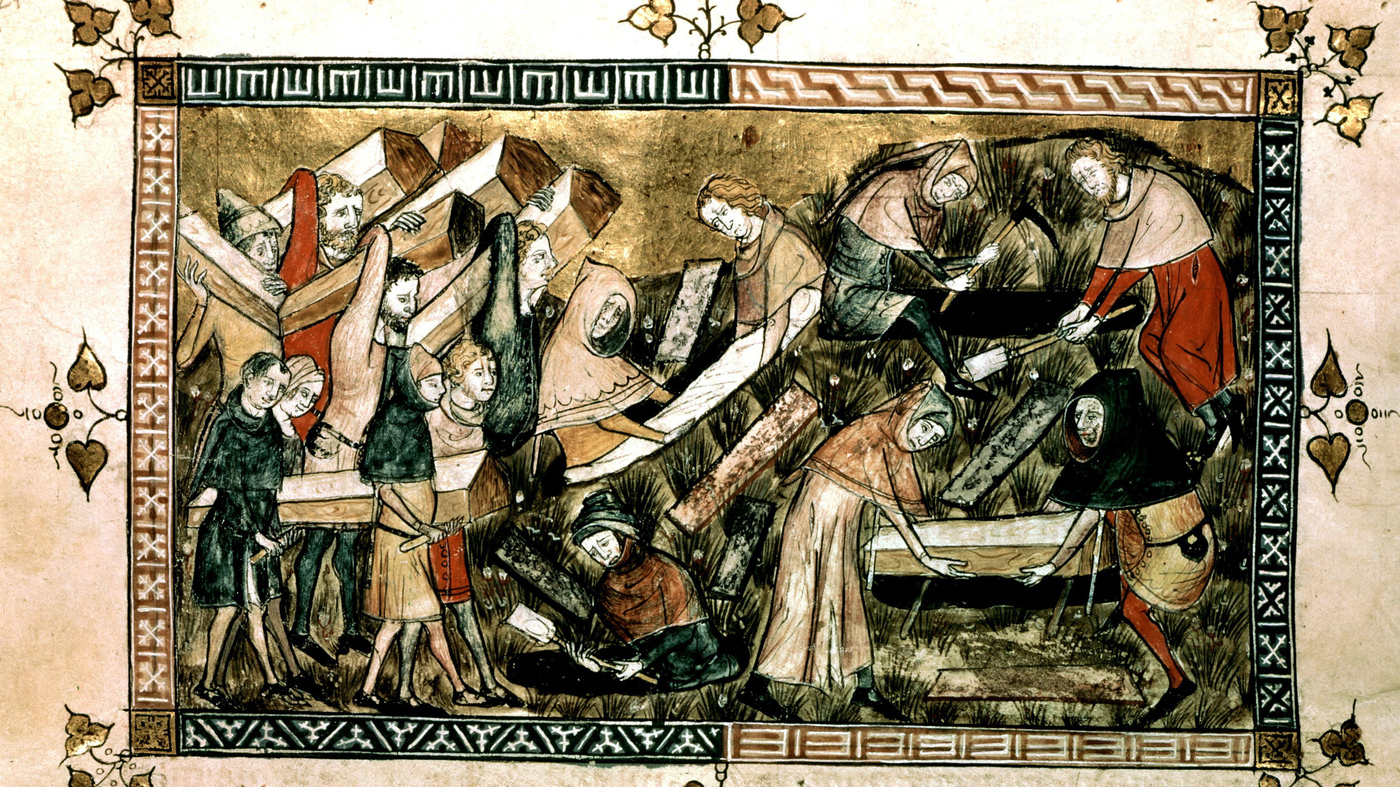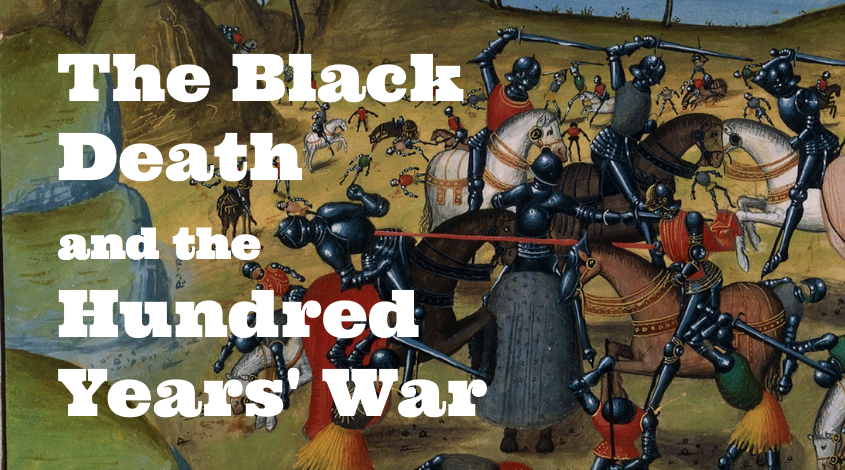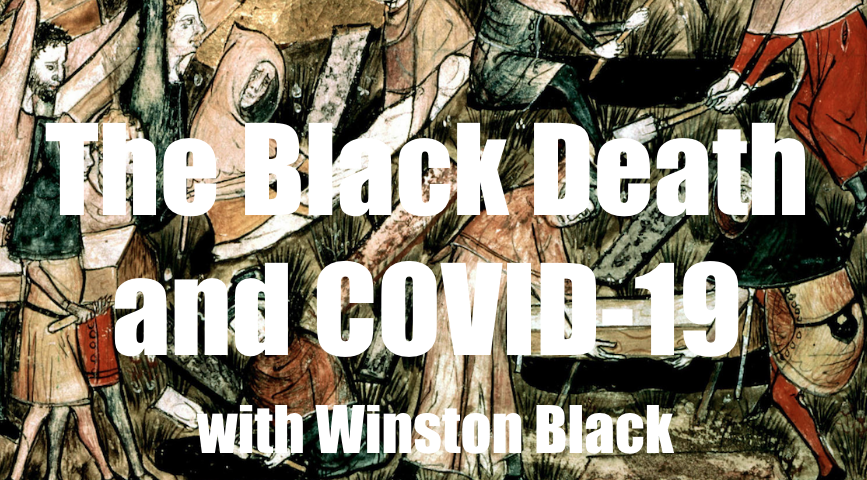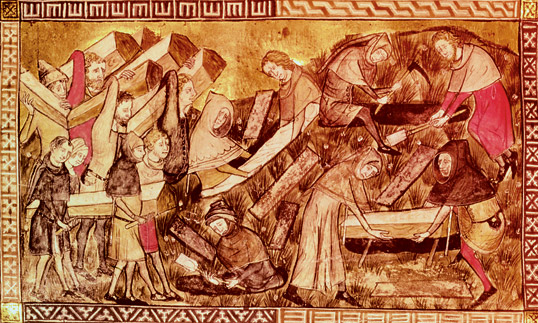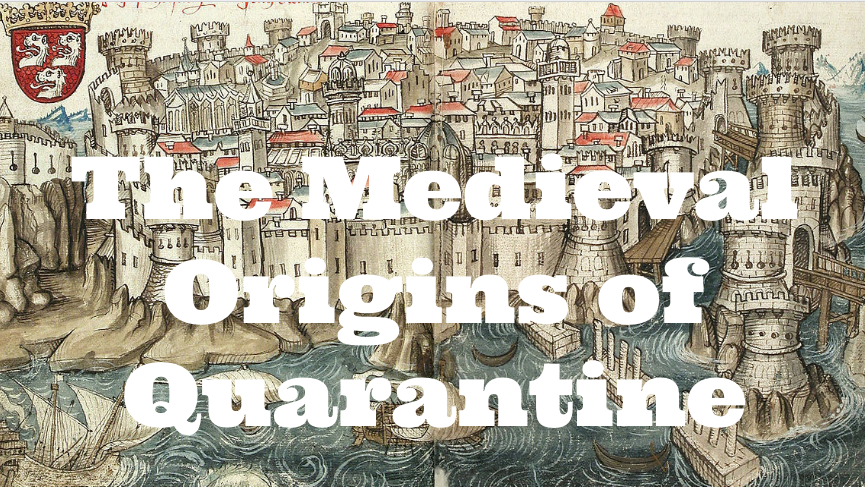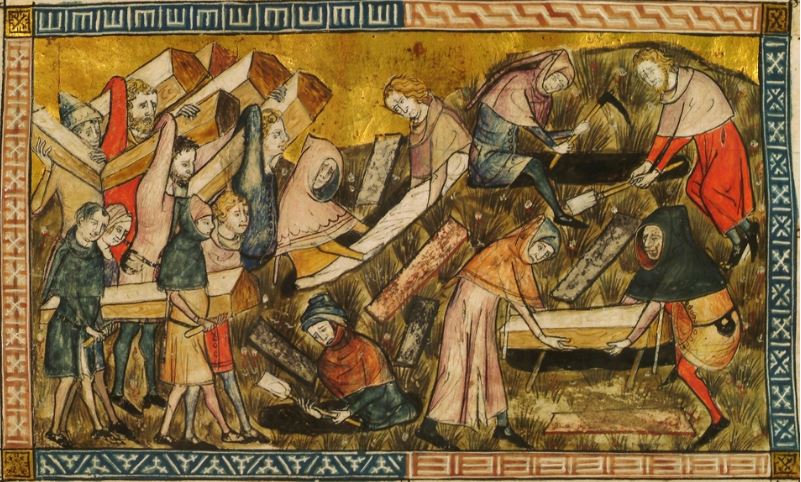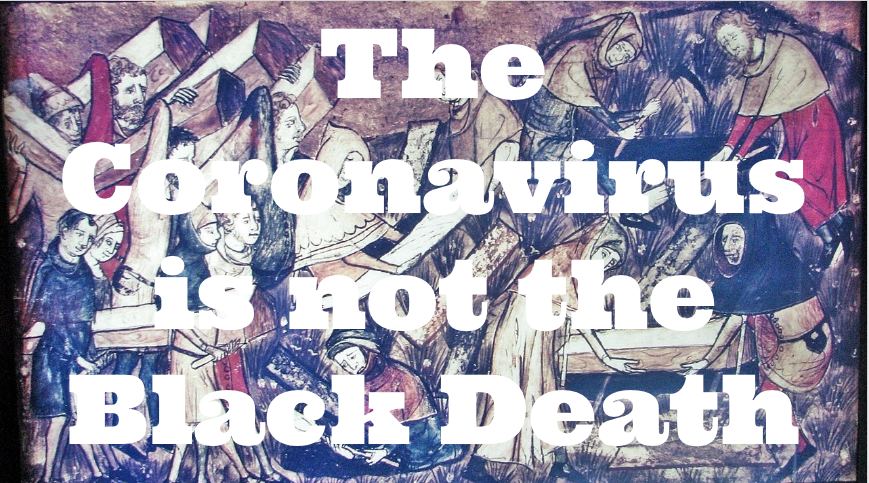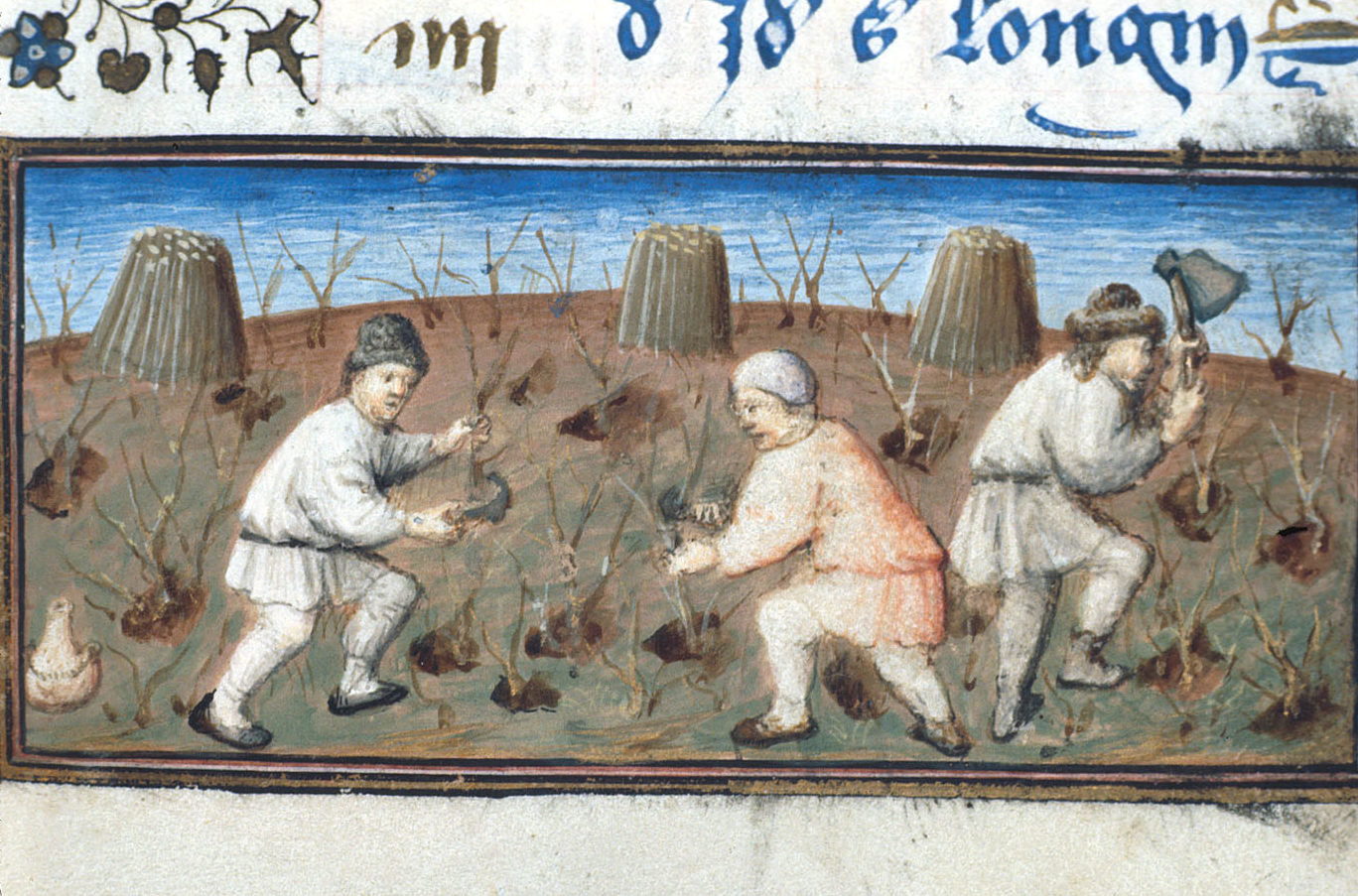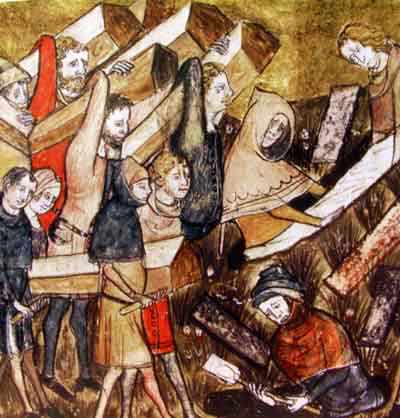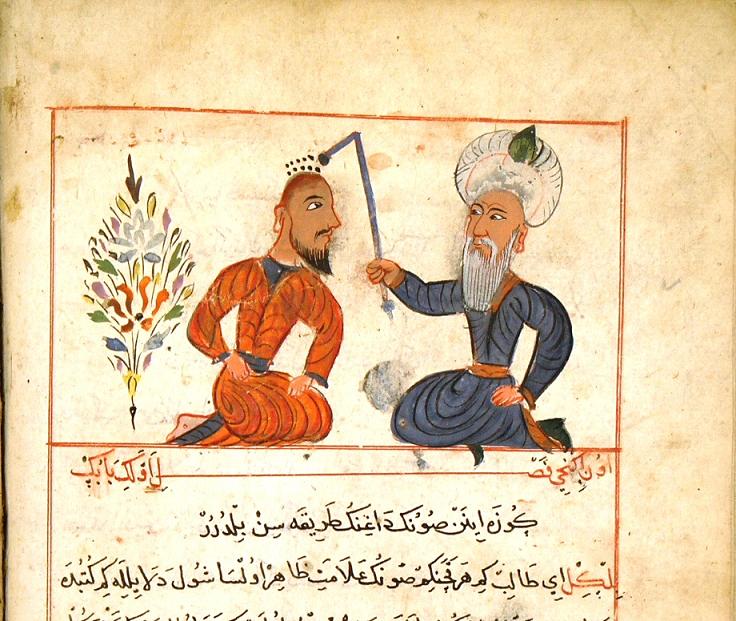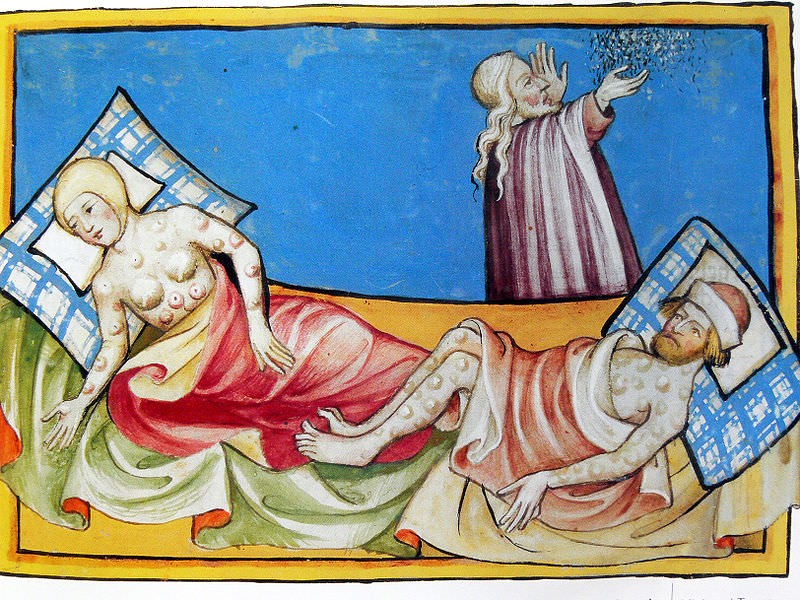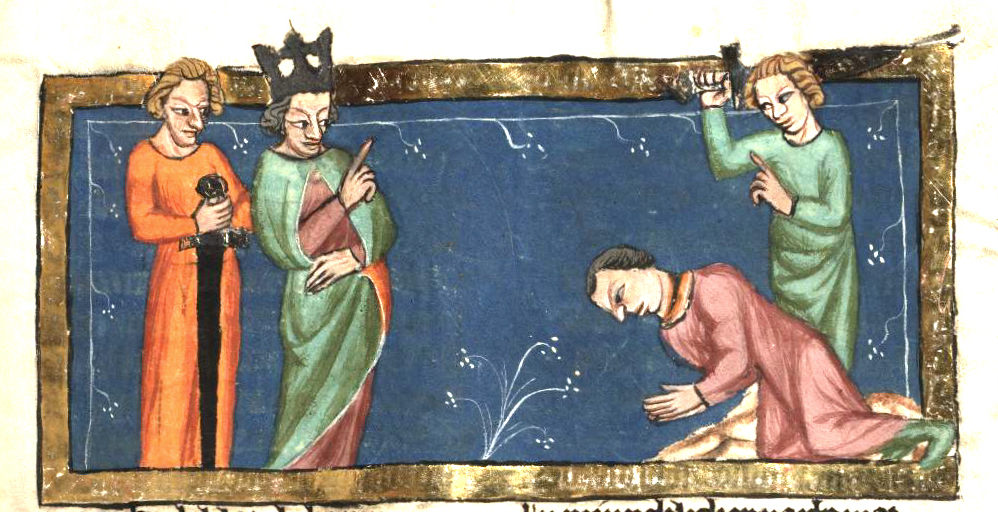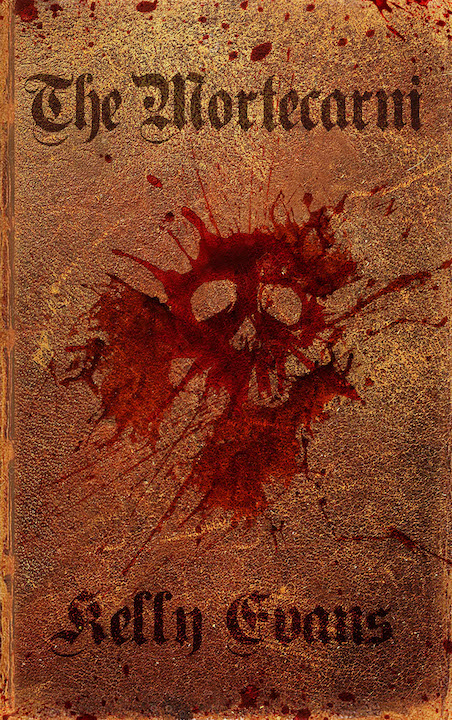Plagues and Faiths, Past and Present
As the Bubonic Plague made its way westward from China in the 14th century, Christians, Muslims, and Jews in its path thought anxiously about what practices of public health and of piety might save them.
The Black Death and the Hundred Years’ War
If you asked anyone to name ten disasters of the European Middle Ages, or even five, their list would certainly include the Black Death and the Hundred Years War.
Fleas, rats and other stories: The palaeoecology of the Black Death
Bubonic plague is a disease which involves various animal vectors and hosts and its ecology is both complex and of importance in terms of its spread and virulence.
The Black Death and COVID-19 with Winston Black
This week on The Medieval Podcast, with headlines turning once again to stories of the plague, Danièle catches up with Winston Black to talk about The Black Death and COVID-19, what’s different about them, and what we can learn today from looking back on the biggest pandemic in human history.
Coping with Pandemics in the Middle Ages
Medieval people differed from us in their ways of coping with a pandemic, but they felt similar helplessness.
The Black Death and the Future of the Plague
How do we unite study of the plague in the past and present to create a better understanding of plague dynamics, to better prepare for the future?
The Medieval Origins of Quarantine
The origins of quarantine date back to the Middle Ages, an idea that emerged in the wake of the Black Death.
Plagues and history
Plagues have changed history, stopped armies in their tracks and altered the fate of nations. Mary and Christopher Dobson will outline the impact of plagues on human history and reflect on related challenges that will be faced by future generations.
Dread the Grim Reaper: Early Warning Strategies as a Means of Plague Prevention: Hospitaller Malta’s Fight Against Contagion
Plague, the grim reaper of preindustrial society, brought social disruption and physical devastation on such a scale as to warrant major literary attention both from contemporaries who witnessed the misery it perpetrated and by writers fortunate enough to live in centuries when this most fatal of epidemics was by and large only a distant memory
The Coronavirus is not the Black Death
The novel coronavirus COVID-19 has sickened almost 86,000 and killed more than 2,900 people, spread worldwide, and caused stock markets to tumble. Analogies to the Black Death, the outbreak of bubonic plague that wiped out between one-half and two-thirds of the population of Europe from 1347–51, were inevitable.
Black Death Mass Grave discovered in England
A mass burial of bodies, known to be victims of the Black Death, has been discovered at the site of a 14th-century monastery hospital at Thornton Abbey, in eastern England.
Well-Poisoning Accusations in Medieval Europe: 1250-1500
During the later Middle Ages, a new idea fueled suspicion of minority groups in Europe: a belief
that they might poison wells to cause widespread illness and mortality.
New insights into the genetic evolution of the Black Death
Analysis of 34 ancient plague genomes from the Black Death and succeeding plague epidemics in Europe between the 14th and 17th centuries, reveals how the bacterium diversified after a single introduction
Black Death burials reveal the diversity of London’s medieval population
New research on people buried in London during the Black Death suggests that the city’s population was more diverse than currently believed, including the presence of people with African heritage.
Black Death did not reach Poland, according to peat bog evidence
Researchers confirmed that the Black Death epidemic in the mid-14th century did not reach Poland; agricultural production remained at a stable level during that time.
Fur trade may have spread the Black Death through Europe, study finds
Commercial trade routes, including the fur trade routes, would have contributed to the rapid spread of the Black Death and other epidemics throughout Europe.
Severity and Selectivity of the Black Death and Recurring Plague in the Southern Netherlands (1349-1450)
This paper offers a newly-compiled database of 25,610 individuals that died between 1349-1450 in the County of Hainaut to test a number of assumptions on the selectivity and severity of late medieval plague outbreaks.
In the Wake of Death: Socioeconomic Effects of the Black Death in Medieval England
In the years following the plague, as peasants and merchants gained more economic freedom, tensions grew between lower and upper classes of society as the upper classes stood to lose their status and way of life.
The ‘light touch’ of the Black Death in the Southern Netherlands: an urban trick?
In this article an array of dispersed sources for the Southern Netherlands together with a new mortmain accounts database for Hainaut show that the Black Death was severe, perhaps no less severe than other parts of western Europe.
The Medical Response to the Black Death
Even though medicine in the Middle East was marginally more advanced than European medicine, physicians in both regions were unsuccessful at treating the Plague; however, the Black Death served to promote medical innovations that laid the foundations of modern medicine.
Modeling plague transmission in Medieval European cities
The Black Death pandemic swept through Europe during the Middle Ages leading to high mortality from plague. How it spread, the transmission of the disease within and between cities, remains a subject of controversy among scientists and historians.
Property, Power and Patriarchy: The Decline of Women’s Property Right in England After the Black Death
The social and governmental response to the Black Death in England undermined the social strength of women’s property rights and created a late-medieval patriarchal structure qualitatively different from that of the earlier fourteenth century.
Dangers of Noncritical Use of Historical Plague Data
When scholars fail to apply source criticism or do not reflect on the content of the data they use, the reliability of their results becomes highly questionable.
Black Death spread to sub-Saharan Africa, researcher finds
After three years of work, Gérard Chouin is adamant that the medieval-era bubonic plague epidemic, the Black Death, spread to Sub-Saharan Africa and killed many people there as it did in Europe and the Mediterranean basin in the 14th century.
Book Review: The Mortecarni
Are you a horror fan looking for something different to shake up your reading list? Kelly Evans might have just what you’re looking for in her latest novel, ‘The Mortecarni’, a medieval zombie mash up set around the time of the Black Death.
